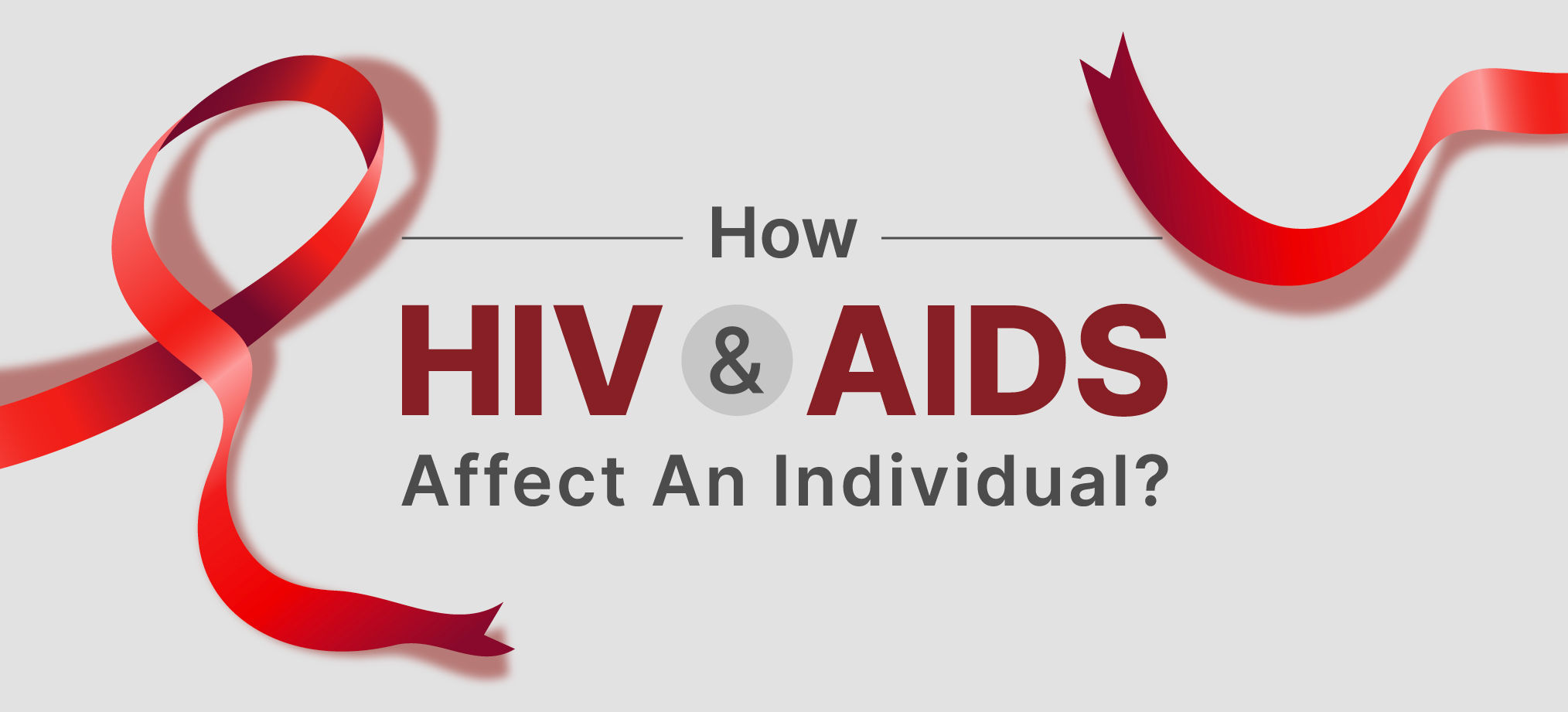General Health
Feeling Anxious or Having Trouble Sleeping? A Cortisol Test May Explain Hormonal Imbalance
6 min read
By Apollo 24|7, Published on - 30 May 2025
Share this article
0
0 like

If you've been feeling unusually anxious, experiencing sleep disturbances, or simply not feeling like yourself, it may be more than just a stressful week or poor sleep hygiene. Your symptoms could be tied to an underlying hormonal imbalance, specifically involving cortisol, the primary stress hormone in the body. While mental health, lifestyle, and environmental factors all play crucial roles in how we feel, physiological processes regulated by hormones can significantly affect mood, energy levels, and overall well-being. One of the most effective ways to investigate a potential hormonal imbalance is through a cortisol test. In this article, we will explore what the cortisol test involves, its importance, who might benefit from it, and how it could hold the key to understanding your anxiety, poor sleep, or fatigue.
What Is a Cortisol Test?
A cortisol test is a diagnostic tool used to measure the level of cortisol in your blood, urine, or saliva. It’s commonly ordered to evaluate adrenal gland function or to help diagnose disorders like Cushing's syndrome (when cortisol levels are too high) or Addison’s disease (when they are too low).
Depending on the suspected issue, your healthcare provider might recommend one or more of the following cortisol test types:
- Blood test: Usually taken in the morning when cortisol levels should be at their highest.
- Saliva test: Often collected at night to evaluate how cortisol levels drop through the day.
- Urine test (24-hour collection): Gives an overall picture of cortisol production throughout the day.
How Does the Cortisol Test Help Explain Anxiety and Sleep Issues?
If you're suffering from persistent anxiety, mood swings, or insomnia, a cortisol test might help uncover whether these issues stem from hormonal dysregulation. Here's how abnormal cortisol levels can impact your mental and physical state:
1. High Cortisol and Anxiety
Chronic stress can lead to continuously elevated cortisol levels, which in turn:
- Increases feelings of anxiety and nervousness
- Causes rapid heartbeat and high blood pressure
- Impairs memory and concentration
- Inhibits production of serotonin (the “happy hormone”)
2. Cortisol and Sleep Disturbances
Cortisol levels naturally peak in the early morning and decline in the evening, promoting restful sleep. Disruption in this rhythm may:
- Make it difficult to fall or stay asleep
- Cause early morning awakenings
- Result in poor-quality, non-restorative sleep
- Lead to insomnia and daytime fatigue
3. Low Cortisol and Chronic Fatigue
Conversely, abnormally low cortisol levels can lead to:
- Extreme tiredness even after rest
- Mood disturbances like depression and irritability
- Dizziness or lightheadedness, especially when standing
- Brain fog and low motivation
Who Should Consider a Cortisol Test?
A cortisol test is typically recommended if you're experiencing symptoms that suggest adrenal dysfunction. You might want to consider testing if you have:
- Chronic anxiety or panic attacks
- Unexplained fatigue or burnout
- Difficulty sleeping despite good sleep hygiene
- Weight gain, especially around the abdomen
- Blood sugar fluctuations
- Irregular menstrual cycles or fertility challenges
- Low blood pressure or dizziness
Mood disorders with no clear cause
Additionally, if you’ve been under prolonged stress, whether from work, trauma, illness, or emotional strain, your cortisol rhythm may be out of sync, affecting your body in subtle but serious ways.
How to Prepare for a Cortisol Test?
To ensure accurate results, it’s essential to follow some basic guidelines before taking the test:
1. Timing is Key
Cortisol levels fluctuate throughout the day, so the timing of the test matters. Blood tests are often scheduled early in the morning (between 6 and 10 AM), when cortisol is typically at its peak.
2. Avoid Stress and Exercise
Strenuous activity and emotional stress can artificially raise cortisol levels. Try to avoid these at least 24 hours before the test.
3. Medications
Inform your doctor of any medicines you’re taking, including steroids, oral contraceptives, and anti-seizure medications, as these can affect cortisol levels.
4. Saliva and Urine Samples
For saliva tests, avoid eating, brushing your teeth, or drinking for 30 minutes prior. For urine tests, a 24-hour sample is collected, which requires storing urine in a provided container kept refrigerated throughout the day.
What Happens During the Cortisol Test?
The procedure is quick and straightforward, though the method may vary depending on the type of test ordered.
1. Blood Cortisol Test
- A small blood sample is drawn from a vein in your arm.
- You may feel a slight pinch or sting.
- The process typically takes less than five minutes.
2. Saliva Cortisol Test
- You’ll be given a special swab or collection tube.
- Sample is usually collected at home, often late at night.
- Instructions will specify how and when to send it to the lab.
3. Urine Cortisol Test
- Over a 24-hour period, all urine is collected in a large container.
- It must be stored in a cool place (e.g., a refrigerator).
The sample is returned to the lab for analysis.
Have more questions?
Understanding Your Cortisol Test Results
The interpretation of cortisol test results depends on the type of test and the time it was conducted. Your doctor will compare your levels against standard reference ranges and clinical symptoms.
1. Normal Cortisol Levels
The normal cortisol levels may vary slightly between labs. The normal cortisol levels are as follows:
- Morning blood sample: 6 to 23 mcg/dL
- Afternoon sample: Lower than morning values
- 24-hour urine test: 10 to 100 micrograms per 24 hours
- Late-night saliva: Should be low (under 0.15 mcg/dL)
2. Elevated Cortisol Levels
Elevated levels of cortisol levels may indicate:
- Chronic stress
- Cushing’s syndrome
- Depression or anxiety disorders
- Overuse of corticosteroid medications
- Tumours of the adrenal or pituitary glands
3. Low Cortisol Levels
Low cortisol levels may suggest:
- Addison’s disease
- Adrenal insufficiency
- Pituitary gland disorders
- Chronic fatigue syndrome
Treatment and Management After an Abnormal Cortisol Test
Once a hormonal imbalance is confirmed through the cortisol test, your healthcare provider will tailor a treatment plan based on the underlying cause.
Possible interventions include:
- Stress Management Techniques: Yoga, mindfulness, cognitive behavioural therapy (CBT), and meditation.
- Lifestyle Changes: Improved sleep hygiene, regular exercise, and balanced nutrition.
- Medication: Hormone replacement or adjustment if the adrenal glands are underactive.
- Further Testing: Imaging (MRI or CT scans) to check for tumours or structural abnormalities in adrenal/pituitary glands.
Are There Any Risks or Side Effects?
The cortisol test is generally safe and non-invasive. However, depending on the test method, you may experience:
- Mild discomfort or bruising at the needle site (blood test)
- Inconvenience in sample collection (urine or saliva)
- Potential for inaccurate results if pre-test instructions aren’t followed
Conclusion
Persistent anxiety, unexplained fatigue, and trouble sleeping could be signs of something more than psychological stress, they may indicate a hormonal imbalance. The cortisol test is a powerful tool for uncovering disruptions in your body’s stress-response system and guiding effective treatment. If you’re feeling overwhelmed, wired but tired, or constantly on edge, don’t dismiss your symptoms. Consult your GP or an endocrinologist and ask whether a cortisol test might be right for you. A deeper understanding of your hormone levels could be the first step toward reclaiming your health, restoring balance, and feeling like yourself again.
General Health
Frequently Asked Questions
How accurate is the cortisol test?
How accurate is the cortisol test?
Can I do a cortisol test at home?
Can I do a cortisol test at home?
How long do cortisol test results take?
How long do cortisol test results take?
Can diet affect cortisol levels?
Can diet affect cortisol levels?
How can I naturally lower cortisol?
How can I naturally lower cortisol?
Leave Comment
Recommended for you

General Health
How Does Anaesthesia Work?
Ever wondered how anaesthetic works? It is certainly baffling to realise how we go under the knife without even feeling the agony! This blog explains the many kinds of anaesthesia and how they are administered.

General Health
Can A Person With AIDS Lead A Normal Life?
New HIV diagnostic tools, HIV treatment & prevention methods, and technological advancements to treat HIV have significantly improved the outlook for those living with AIDS. Read to know more.

General Health
All You Need To Know About Azithromycin
Azithromycin is a versatile antibiotic used against different bacterial infections like sinusitis, pneumonia, and throat infections. Emphasizing responsible usage, the article covers proper dosage, precautions for allergies and medical history, and potential side effects. Explore the importance of adhering to prescribed dosages, completing the full course of treatment, and avoiding self-medication.
Subscribe
Sign up for our free Health Library Daily Newsletter
Get doctor-approved health tips, news, and more.
Visual Stories

Could There Be More to Your Snore?
Tap to continue exploring
Recommended for you

General Health
How Does Anaesthesia Work?
Ever wondered how anaesthetic works? It is certainly baffling to realise how we go under the knife without even feeling the agony! This blog explains the many kinds of anaesthesia and how they are administered.

General Health
Can A Person With AIDS Lead A Normal Life?
New HIV diagnostic tools, HIV treatment & prevention methods, and technological advancements to treat HIV have significantly improved the outlook for those living with AIDS. Read to know more.

General Health
All You Need To Know About Azithromycin
Azithromycin is a versatile antibiotic used against different bacterial infections like sinusitis, pneumonia, and throat infections. Emphasizing responsible usage, the article covers proper dosage, precautions for allergies and medical history, and potential side effects. Explore the importance of adhering to prescribed dosages, completing the full course of treatment, and avoiding self-medication.